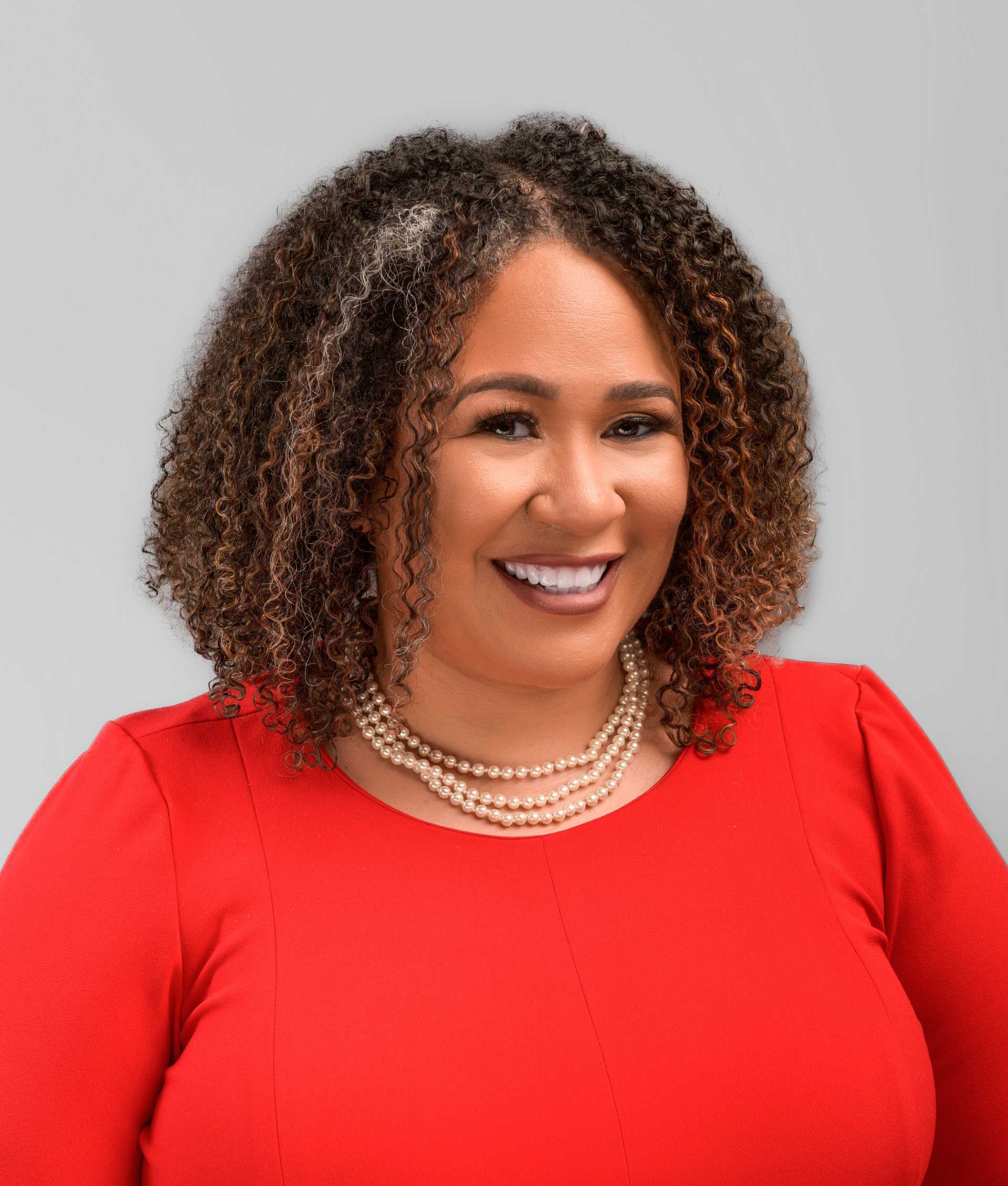After the 2016 election, Melissa Watson Ward was ready for a career change. She was working at a nonprofit poverty reduction program in South Carolina but didn’t feel she was having the impact she wanted on improving clients’ lives.
She envisioned applying her experience and education – dual master’s degrees in social work and public health from the University of South Carolina – to address socioeconomic disparities and promote equity.
It was also during that time the state turned down Medicaid expansion and did not reapply for the Supplemental Nutrition Assistance Program waiver that would have extended benefits for more than 50,000 South Carolinians.
“I was a little frustrated,” Ward says. “I love my community. I love my state. And I want to see us do better by providing more access to resources for underserved individuals to help them thrive.”
Then she saw a job posting for executive director of Emerge South Carolina, an affiliate of a national organization that recruits and trains Democratic women and nonbinary individuals to run for office. She talked herself out of applying, but her friends were convinced the position was perfect for her and encouraged her to go for it.
She got the job and served as executive director in South Carolina for four years before being promoted to the national office, where she is now the deputy affiliate director at Emerge.
“I can use my foundation in social work and public health to help larger communities,” Ward says. “When we get a woman elected to office, they're introducing legislation that can address systemic issues and impact entire communities.”
She was encouraged by the results of the off-year elections in November.
“Social media and polls don't always reflect the real voters,” she says. “I think people voted on issues that are important to them and for candidates they thought had their best interests in mind.”

For example, Emerge alumna Danica Roem ran in Virginia on infrastructure issues – something that resonated with her voters – and her election made history. She is the first out transgender state legislator to serve in both chambers of any state legislature following three terms in the House of Delegates. Roem is also executive director of Emerge Virginia.
Ward’s upbringing in a low-resource community in Columbia, South Carolina, led her early on to dedicate her career to helping people from communities like hers. After graduating from Dreher High School, she attended USC with a double major in experimental psychology and criminal justice before returning to earn her master’s degrees.
Her education and career have shaped her passion for service. She spent six years in the Army Reserves and almost 15 years working in community organizations to decrease disparity and increase opportunity. At Emerge, she is using that experience to increase diversity and equality among elected officials and decision-makers.
“Women represent 51 percent of the population, but across the nation, they don't represent any more than 25 to 30 percent of elected officials,” Ward says. “Studies show that women introduce and get more bills passed than male colleagues, so if you want to get stuff done, you need to elect women.”
Emerge has trained more than 6,000 women and non-binary individuals who feel comfortable in women-centric spaces; more than 1,200 are currently serving in office. The organization trains women to run at all levels of government from local to federal in skills such as public speaking, fundraising, media messaging and strategy.
Ward says many of the individuals they train have tried other methods to get change in their community.
“They’ve called their legislators, gone to the State House, contacted them by email or on social media, and the legislators are unresponsive,” she says. “So they say, ‘If our legislator isn’t responsive, maybe we need to change who our legislator is.’”
Ward relates to that desire to create change and believes her work at Emerge builds on her social work foundation to have a direct impact on government and improved policies to address social challenges.
Her personal mantra is “saving the world one person at a time.”
“If I can increase the diversity among elected officials and decision-makers by helping one person get elected, then they're able to help their community. That’s my piece of the puzzle,” she says. “You figure out what your niche is and focus on solving your piece of the puzzle. Together we might be able to save the world.”

